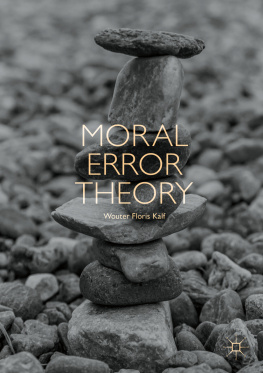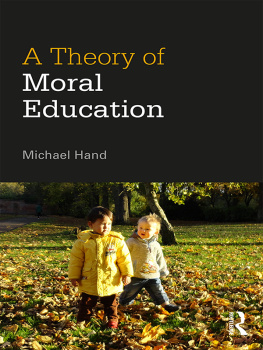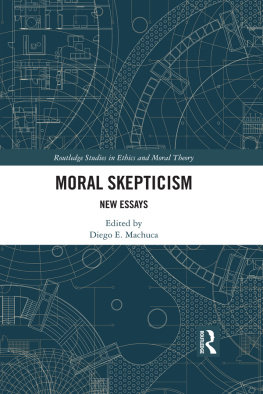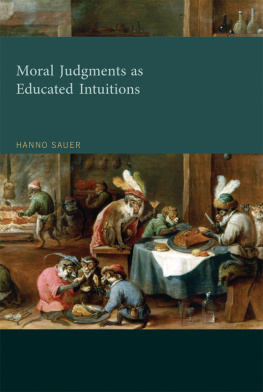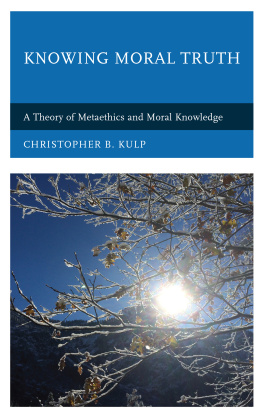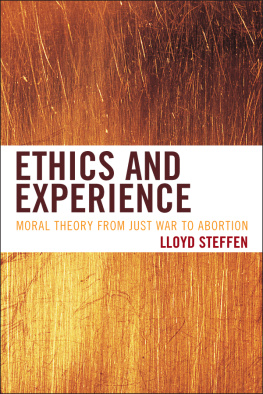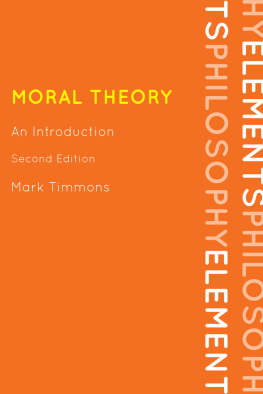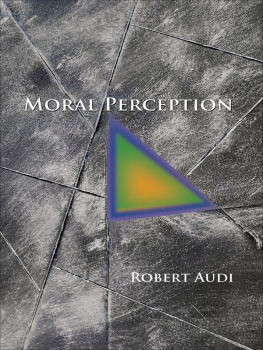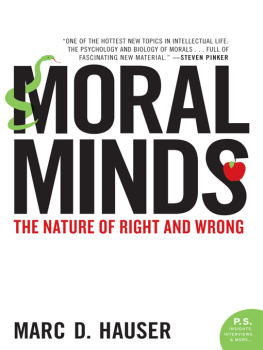1. Introduction
1.1 The Generic Argument for Moral Error Theory
You are most probably an error theorist about our thought and talk about witches, or our witch discourse. You believe that there can only be witches if there are women with supernatural powers, you believe that no one can have supernatural powers, and so you believe that there are no witches (Smith , p. 64). You also believe that anyone who utters a judgement like Annie is a witch makes the systematic error of uttering a judgement that is truth-apt (i.e., can be true or false) but systematically fails to be true.
In this book, I argue that you should be an error theorist about our thought and talk about morality, or our moral discourse, too (Mackie ). You may not yet, but you should believe that there can only be morally obligatory (or morally wrong, or morally right, or morally permissible) actions if there are categorical moral reasons to perform these actions, you should believe that there are no such reasons, and so you should believe that there are no morally obligatory (or morally wrong, or morally right, or morally permissible) actions. You should also believe that anyone who utters a judgement like giving to the poor is morally obligatory makes the systematic error of uttering a judgement that is truth-apt but systematically fails to be true.
Categorical moral reasons are reasons for agents to perform a moral action regardless of whether performing that action satisfies one or more of their desires. For instance, Beatrice has a categorical moral reason to give to the poor regardless of whether doing this satisfies her desire to be praised by others (Mackie .
The term error theory is sometimes used to denote just a local error theory about morality and sometimes error theory about normativity as such. The latter view has recently been defended by Bart Streumer (). Such a global error theory extends to, for example, prudential normativity, which includes reasons to eat healthy and to get enough sleep, and epistemic normativity, which includes the reason to believe all propositions for which you have conclusive evidence that they are true. In this book, error theory always denotes moral error theory unless specified otherwise.
The most generic argument for error theory runs as follows:
Generic Argument for Error Theory
P1
Moral judgements carry a non-negotiable commitment to claim N.
P3
If moral judgements carry a false non-negotiable commitment , then they are untrue.
C1
Therefore, moral judgements are untrue (from P1, P2, P3).
P4
If C1, then we should accept error theory of moral discourse as a whole.
C2
Therefore, we should accept error theory of moral discourse as a whole (from C1, P4).
Moral discourse is our practice of uttering moral judgements in moral discussions with our peers about such issues as the permissibility or otherwise of euthanasia and abortion , of uttering moral judgements to teach our children what ought to be done and how to muster the motivation to act on these judgements, of adjusting our moral judgements in light of other peoples arguments, of reminding someone of a promise, of praising someones altruistic behaviour, et cetera. I use the terms judgement, claim, sentence, and utterance interchangeably, such that in my vocabulary, all judgements, claims, and sentences are uttered or otherwise communicated, for instance by being inscribed. The relation between moral judgements and fully private moral thoughts will not be at the forefront of my analysis in this book, though it stands to reason that if moral judgements are systematically untrue , then the moral thoughts that these judgements express are also systematically untrue (Vyrynen , p. 44).
P1 is error theorys non-negotiable commitment claim (Joyce ).
P2 is error theorys substantive claim (Joyce ).
P3 is simply an instance of the more general and obviously correct thesis that any claim that carries a false non-negotiable claim is untrue (Streumer , p. 255). For error theory about witch discourse, the judgement there exists a witch is truth-apt and carries a non-negotiable commitment to the claim that there is at least one woman who has supernatural powers. But the last claim is false, and so the judgement there exists a witch must also be untrue. It cannot be the case that the claim there exists a witch is true but that the claim there exists a woman with supernatural powers is not true and that the truth of the first claim requires the truth of the second. The same holds for moral discourse. The judgement giving to the poor is morally obligatory is truth-apt, and it carries a non-negotiable commitment to the claim that there are categorical moral reasons; but that claim is false, and so the judgement giving to the poor is morally obligatory is untrue. It cannot be the case that the claim giving to the poor is morally obligatory is true but that the claim there exists at least one categorical moral reason is not true and that the truth of the first claim requires the truth of the second claim.
P1, P2, and P3 entail C1. Yet from the truth of C1 we cannot deduce the truth of C2 (Evans and Shah ). For again, if these moral judgements are not systematically untrue, then it seems that we cannot reach the conclusion that our entire moral discourse is in error. P4, if true, bridges this gap.
Generic Argument for Error Theory is the most generic formulation of error theory because it contains the largest number of placeholder terms for which error theorists must find a more precise meaning. For instance, traditionally error theorists have said that moral judgements are untrue because they are all false (Mackie , p. 925). Error theorists must find interpretations of the placeholder term untrue, and also for the other placeholder terms in the Generic Argument, because these terms require further unpacking before we have an argument for error theory. Another example of a placeholder term in Generic Argument is claim N. We cant argue that moral error theory is true because we know that it is committed to claim N and that claim N is false. We first need to know what claim N is. This book is an attempt to find specific interpretations of these placeholder terms in Generic Argument that render this argument for error theory maximally plausible.
In addition to defending Generic Argument, error theorists should also tell us what we should do with moral discourse after error theory; that is, after at least some people have become convinced that error theory is the most plausible metaethical theory on offer. As John Burgess has put it, this is
the major philosophical puzzle raised by moral error theory: if an error theory provides the correct descriptive account of moral discourse, how, if at all, ought we to adjust our practices after having discovered the error? (, p. 534)
More recently, Matt Lutz has called this the now what question ().
Moral error theorists are not required to answer the now what question . This is because they are not epistemically obligated to abandon their view if they dont have a convincing answer to this question, just like error theorists about aesthetics are not required to answer the now what question for aesthetic discourse, and just like error theorists about religion are not required to answer the now what question for religious discourse. The plausibility of the Generic Argument is not affected by the absence or presence of a working account of what we ought to do with moral discourse after error theory. Unless the objection is that there couldnt be non-moral (prudential and epistemic) oughts if there arent any moral oughts, and that this is a reason to reject error theory (Cuneo . Nevertheless, if error theorists do answer the now what question, then they broaden their scope from moral to prudential and epistemic normativity, thus offering not just a metaethical but a more complete, metanormative theory . And that is a good thing, for being able to tell a convincing metanormative story on the back of ones metaethical theory is a further reason to accept the metaethical theory one favours.

